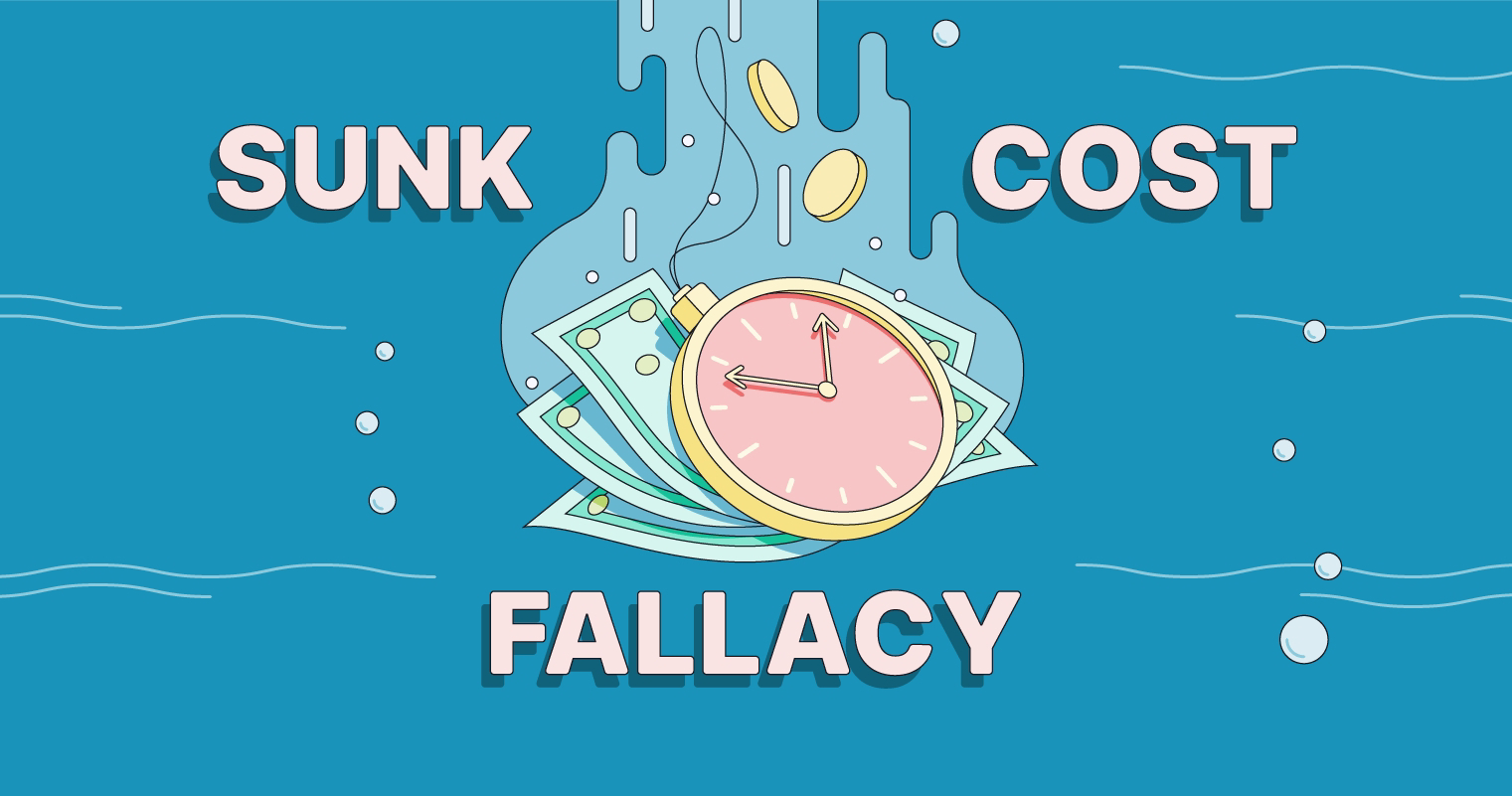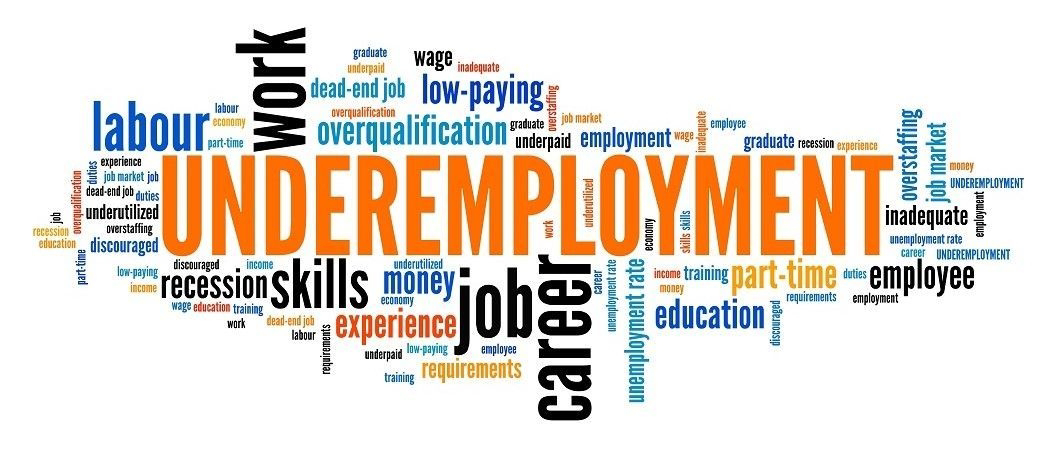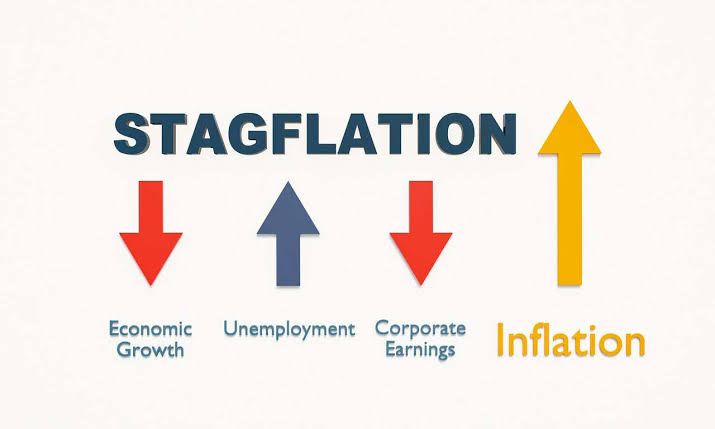The Evolution of Money: Transitioning from the Gold Standard to Today's Monetary System

The Evolution of Money: Transitioning from the Gold Standard to Today's Monetary System Introduction: The history of money is a journey that spans centuries, with various systems emerging and evolving to meet the needs of economies. One significant transition occurred as countries moved away from the gold standard towards today's complex monetary systems. This article delves into the factors that prompted this transition, its impact on the global economy, and the emergence of modern monetary systems. The Gold Standard Era: The gold standard was a monetary system in which the value of a country's currency was directly linked to a specific quantity of gold. This system provided stability and a fixed exchange rate between currencies, as their values were tied to a tangible commodity. However, the gold standard had limitations. The supply of gold was finite, which could hinder economic growth, and countries faced difficulties adjusting their money supply to counteract economic ...



















